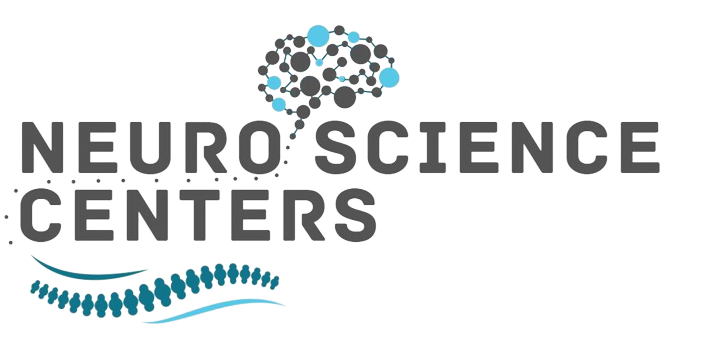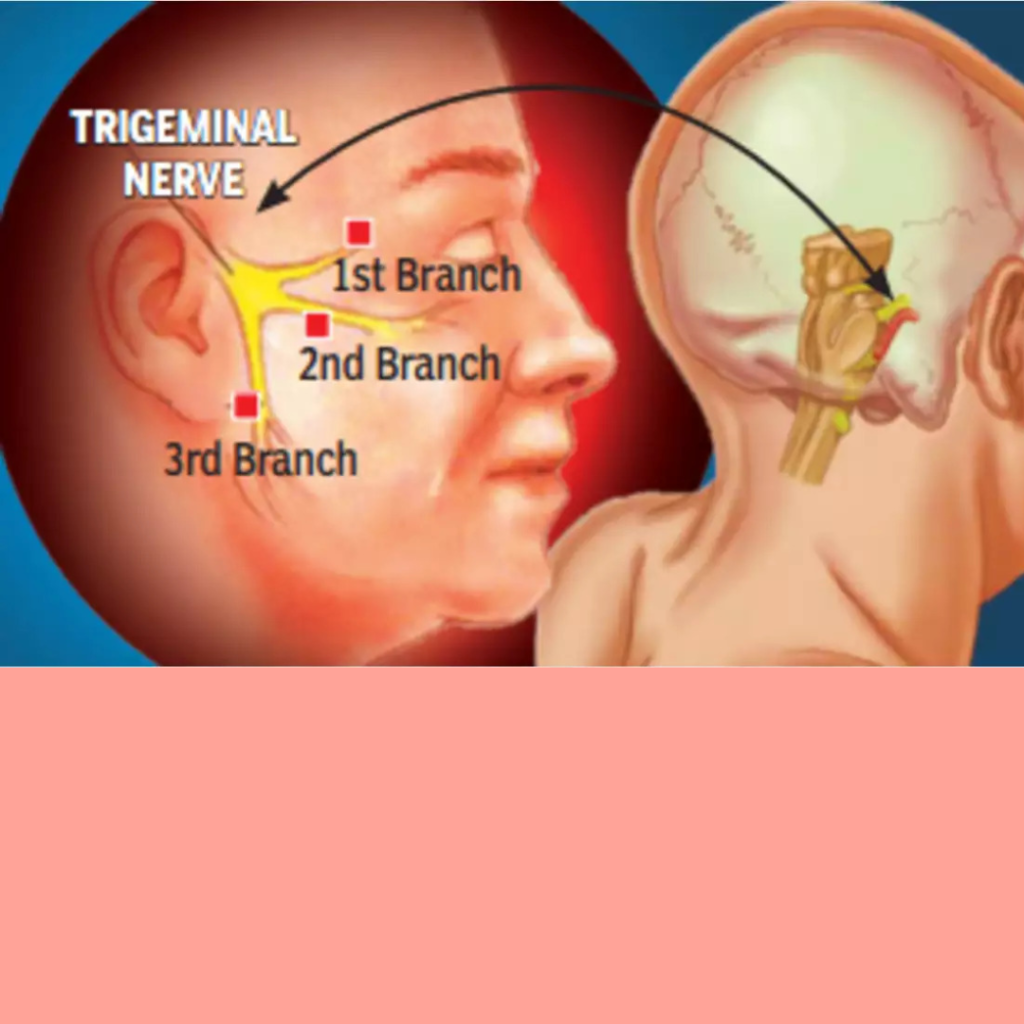Trigeminal neuralgia is a debilitating condition characterized by sudden, severe facial pain. Finding the best treatment options and expert care is crucial for those suffering from this condition. Neurosciences Centers (NSC) in California is dedicated to providing comprehensive care for patients with trigeminal neuralgia. NSC is home to a team of highly skilled specialists and offers advanced treatment options designed to alleviate pain and improve quality of life. In this blog, we will explore the top treatment options available at NSC, provide expert tips on managing trigeminal neuralgia, and offer resources to help you navigate your journey to pain relief.
Understanding Trigeminal Neuralgia in California
Understanding the specifics of trigeminal neuralgia and its impact in California can help patients better navigate their treatment options and find the support they need.
Overview of Trigeminal Neuralgia
Trigeminal neuralgia, also known as tic douloureux, is a chronic pain condition that affects the trigeminal nerve, which is responsible for carrying sensation from your face to your brain. The condition is characterized by sudden, severe, and stabbing pain in the areas supplied by the trigeminal nerve, including the cheeks, jaw, teeth, gums, lips, and sometimes the eyes and forehead.
Definition and Symptoms:
Sudden Onset: The pain often comes on suddenly and can be triggered by routine activities such as brushing teeth, eating, or even a light touch to the face.
Sharp, Stabbing Pain: Patients describe the pain as electric shock-like, which can last from a few seconds to several minutes.
Unilateral Pain: Typically, the pain affects one side of the face, though in rare cases, it can affect both sides.
Frequency: Pain episodes can occur in quick succession, making daily activities challenging.
Causes and Risk Factors:
Nerve Compression: The most common cause is blood vessels pressing on the trigeminal nerve, causing deterioration of the nerve’s protective coating (myelin sheath).
Multiple Sclerosis (MS): MS can cause damage to the myelin sheath of the trigeminal nerve, leading to symptoms.
Facial Trauma: Injury or surgery can sometimes damage the trigeminal nerve.
Tumors: Rarely, tumors pressing on the trigeminal nerve can cause trigeminal neuralgia.
Age and Gender: It most commonly affects individuals over 50 years old and is more prevalent in women than men.
Prevalence and Impact in California
Trigeminal neuralgia is a relatively rare condition, but understanding its prevalence and impact in California can help in identifying resources and support available within the state.
Statistics and Demographics:
Prevalence: While exact statistics are hard to determine, it is estimated that around 12 in 100,000 people are affected by trigeminal neuralgia in the United States. In California, with its large population, this translates to several thousand individuals.
Demographic Distribution: Most patients are over 50 years old, with a higher incidence in women. The condition does not show a significant preference for any particular ethnic group.
Impact on Quality of Life:
Physical Impact: The intense pain can make daily activities like eating, speaking, and grooming difficult. Patients often live in fear of the next pain episode.
Emotional and Psychological Impact: Chronic pain can lead to anxiety, depression, and social isolation. The unpredictable nature of pain episodes can contribute to significant emotional distress.
Economic Impact: The condition can lead to substantial healthcare costs due to frequent doctor visits, medications, and potential surgical interventions. It can also result in lost income if the patient is unable to work.
Top Treatment Centers and Specialists
Finding the right healthcare provider is crucial for managing trigeminal neuralgia effectively. Neurosciences Centers (NSC) offer top-notch care with experienced specialists dedicated to treating this condition. NSC has various locations across California, making it accessible for many patients.
Leading Clinics and Hospitals
Neurosciences Centers (NSC) is renowned for its comprehensive approach to treating neurological conditions, including trigeminal neuralgia. With several locations across California, NSC provides accessible, high-quality care to patients in need.
Top-Rated Facilities:
NSC Locations: NSC operates in multiple locations, including Brawley, El Centro, Imperial, Orange, and the Surgery Center Imperial County, ensuring that patients across California have access to specialized care.
Advanced Treatment Options: Each NSC facility is equipped with state-of-the-art technology and offers a range of services, from diagnostic imaging to advanced surgical procedures.
Services Offered:
Comprehensive Diagnostics: NSC provides thorough diagnostic services, including MRI and CT scans, to accurately diagnose trigeminal neuralgia and other neurological conditions.
Multidisciplinary Approach: The centers adopt a multidisciplinary approach, involving neurologists, neurosurgeons, anesthesiologists, and pain management specialists to develop personalized treatment plans for each patient.
Renowned Specialists in Trigeminal Neuralgia
NSC is home to some of the most experienced and highly regarded specialists in the field of trigeminal neuralgia treatment. These experts are committed to providing the best care possible for their patients.
Expert Profiles:
Dr. Sayed Monis, MD: Dr. Monis is a highly experienced neurologist specializing in the treatment of trigeminal neuralgia and other chronic pain conditions. His expertise and compassionate approach have helped many patients find relief from debilitating pain.
Dr. Jaime Englea-Larra, DO: Dr. Englea-Larra is an anesthesiology specialist based in Brawley, CA. She has extensive experience in pain management and works closely with patients to develop effective treatment plans that address their unique needs.
Patient Testimonials:
Success Stories: Many patients at NSC have experienced significant pain relief and improved quality of life under the care of Dr. Monis and Dr. Englea-Larra. Testimonials highlight the dedication and expertise of these specialists, emphasizing their commitment to patient care.
Expert Tips for Managing Trigeminal Neuralgia
Managing trigeminal neuralgia involves more than just medical treatments. Expert tips can help patients navigate daily challenges and improve their quality of life. At Neurosciences Centers (NSC), Dr. Sayed Monis offers valuable advice for managing this condition effectively.
Daily Management Strategies
Adopting effective daily management strategies can help reduce the frequency and intensity of trigeminal neuralgia pain episodes. Here are some expert-recommended strategies from NSC specialists.
Pain Management Techniques:
Cold Packs: Applying cold packs to the painful area can help numb the pain and reduce inflammation. It’s a simple and effective method to manage sudden pain episodes.
Relaxation Techniques: Techniques such as deep breathing exercises, meditation, and progressive muscle relaxation can help manage pain by reducing stress and promoting relaxation. These methods can be incorporated into daily routines to help manage chronic pain.
Routine Adjustments:
Gentle Facial Hygiene: Avoid vigorous facial washing or brushing your teeth too harshly. Use a soft-bristled toothbrush and gentle motions to minimize pain triggers.
Protective Measures: During cold weather, protect your face with a scarf to avoid exposure to cold wind, which can trigger pain. Similarly, avoid activities that involve sudden facial movements or pressure.
Lifestyle Changes and Home Remedies
In addition to daily management strategies, making certain lifestyle changes and trying home remedies can significantly help in managing trigeminal neuralgia.
Diet and Nutrition:
Anti-Inflammatory Foods: Incorporate foods that have anti-inflammatory properties, such as leafy greens, nuts, fatty fish, and berries, into your diet. These foods can help reduce inflammation and support overall nerve health.
Hydration: Staying well-hydrated is essential for overall health and can help manage pain. Drink plenty of water throughout the day to keep your body and nerves well-hydrated.
Home Remedies:
Herbal Teas: Herbal teas like chamomile and ginger can have calming and anti-inflammatory effects. Drinking these teas may help manage pain and promote relaxation.
Essential Oils: Some essential oils, such as lavender and peppermint, have analgesic and anti-inflammatory properties. They can be used in aromatherapy or diluted and applied topically to the painful area for relief.
Resources and Support Networks
Access to resources and support networks is essential for patients with trigeminal neuralgia. These networks provide valuable information and emotional support. Neurosciences Centers (NSC) offer numerous resources to help patients manage their condition and connect with others facing similar challenges.
Support Groups and Communities
Connecting with others who understand the challenges of trigeminal neuralgia can provide emotional support and practical advice.
Local Support Groups:
NSC-Hosted Groups: NSC hosts support groups at their various locations, including Brawley, El Centro, Imperial, and Orange Clinics. These groups provide a safe space for patients to share their experiences, discuss treatment options, and receive support from peers.
Community Events: NSC organizes community events and workshops focused on trigeminal neuralgia. These events provide educational opportunities and a chance to connect with other patients and healthcare professionals.
Community Events:
Workshops and Seminars: NSC offers regular workshops and seminars where experts like Dr. Sayed Monis and Dr. Jaime Englea-Larra provide insights into managing trigeminal neuralgia. These events are held at various NSC locations and are designed to educate and empower patients.
Online Resources and Educational Materials
NSC provides a wealth of online resources and educational materials to help patients learn more about trigeminal neuralgia and stay informed about the latest treatment options.
Educational Websites:
NSC Website: The NSC website (https://neurosciencescenters.com/) offers comprehensive information about trigeminal neuralgia, including symptoms, causes, and treatment options. Patients can also find detailed profiles of specialists, clinic locations, and contact information.
Blogs and Articles: NSC regularly updates its blog with articles on managing trigeminal neuralgia, new research findings, and patient success stories. These articles are written by experts and provide valuable insights and practical tips.
Online Forums:
Patient Forums: NSC provides access to online forums where patients can connect with others who have trigeminal neuralgia. These forums offer a platform for sharing experiences, asking questions, and receiving support from a community of individuals facing similar challenges.
Expert Q&A Sessions: NSC hosts online Q&A sessions with specialists like Dr. Monis and Dr. Englea-Larra. Patients can submit their questions and receive answers from experts, helping them make informed decisions about their treatment and care.
Conclusion
Finding California’s best trigeminal neuralgia treatment involves exploring various treatment options, consulting with top specialists, and utilizing available resources. By understanding the condition, seeking expert care at Neurosciences Centers (NSC), and making informed lifestyle changes, patients can manage their symptoms effectively and improve their quality of life. Remember, you are not alone in this journey—numerous support networks and resources are available to help you every step of the way.
FAQs
1. What are the best treatment centers for trigeminal neuralgia in California?
Answer: Some of the best treatment centers for trigeminal neuralgia in California include the Neurosciences Centers (NSC) locations in Brawley, El Centro, Imperial, Orange, and the Surgery Center Imperial County. These facilities offer specialized care and advanced treatment options for trigeminal neuralgia patients.
2. How do I find a specialist for trigeminal neuralgia at NSC?
Answer: To find a specialist for trigeminal neuralgia at NSC, you can start by visiting their website (https://neurosciencescenters.com/) and exploring the profiles of Dr. Sayed Monis, MD, and Dr. Jaime Englea-Larra, DO. You can also contact the nearest NSC location to schedule a consultation.
3. What are the common side effects of medications used to treat trigeminal neuralgia?
Answer: Common side effects of medications used to treat trigeminal neuralgia, such as anticonvulsants and tricyclic antidepressants, include dizziness, drowsiness, nausea, and fatigue. It is important to discuss potential side effects with your doctor and monitor your response to the medication.
4. Are there non-surgical treatments available for trigeminal neuralgia at NSC?
Answer: Yes, there are several non-surgical treatments available for trigeminal neuralgia at NSC, including medication-based treatments, physical therapy, acupuncture, and lifestyle changes. These treatments can help manage symptoms and improve quality of life without the need for surgery.
5. How can lifestyle changes help in managing trigeminal neuralgia?
Answer: Lifestyle changes such as maintaining a healthy diet, managing stress, and avoiding pain triggers can significantly help in managing trigeminal neuralgia. Incorporating relaxation techniques, gentle exercises, and dietary adjustments can reduce the frequency and intensity of pain episodes.


